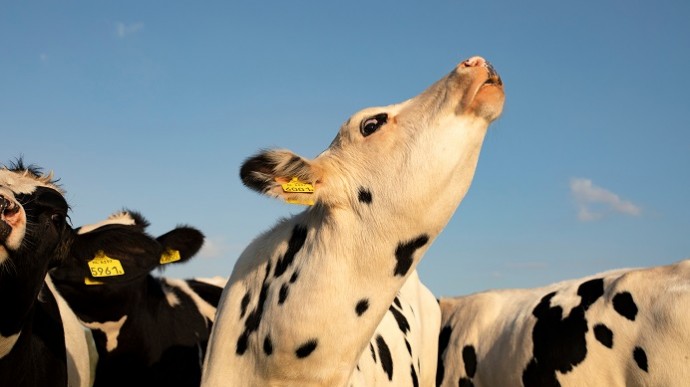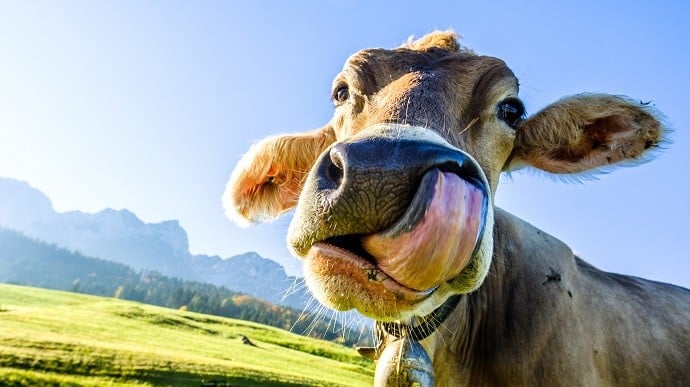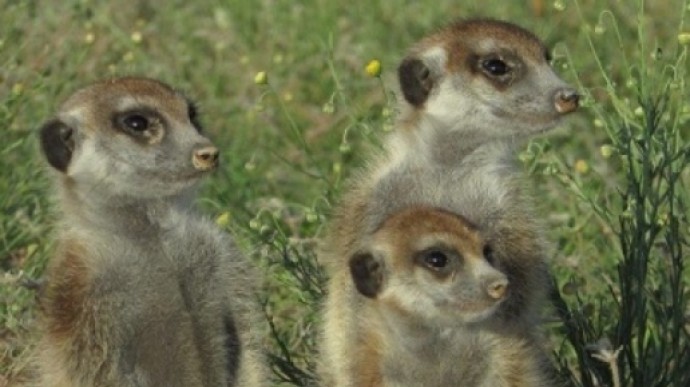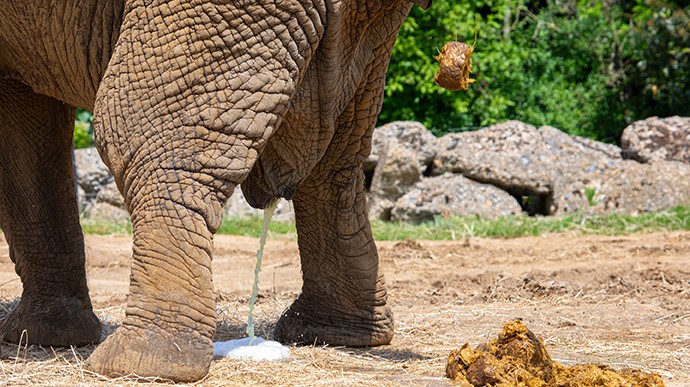Professor André Ganswindt has been involved in research at the University of Pretoria (UP) for the past 15 years, since completing his PhD at the University of Münster in Germany.
He says he chose to do research at a university in South Africa because the country has great potential and easy access to rich fauna, and that he chose UP because it supported his idea of establishing a specialised lab to support his field of expertise. To date, the Endocrine Research Laboratory is the only facility of its kind in Southern Africa. Prof Ganswindt regularly collaborates with colleagues in the Departments of Zoology and Entomology and Animal Science, as well as in the Health and Veterinary Science faculties.
He studies behavioural endocrinology in mammals, reptiles and birds to address questions concerning regulative endocrine mechanisms, which in combination with other factors, like social or ecological changes, influence and control animal behaviour.
Prof Ganswindt and his research group of postgraduate students are developing and validating non-invasive tools for monitoring reproductive function and responses to stressors in captive and free-ranging animals, and interlinking these approaches with studies on animal conservation, climate change, human-wildlife conflict, land transformation and urbanisation. It often leads to a cross-disciplinary approach of physiological-endocrine research, behavioural biology and wildlife ecology to improve the management and welfare of animals in zoological institutions as well as in the wild.
This field of research contributes meaningfully to efforts to conserve wildlife, and in so doing, helps to protect ecological health on Earth. “Research, including mine, does not matter per se,” says Prof Ganswindt. “It only starts to matter if the findings contribute to a better understanding and (social) interaction with ourselves, our peer-group, related society and the world as a whole.”
Prof Ganswindt says his research group has created a collaborative network of locally and globally recognised experts that focus on many aspects of mammal-oriented research, with several opportunities for basic and applied science, professional development, and relevant theoretical and practical training for undergraduate and postgraduate students.
Having a large group of research students, about 10 PhD and 10 MSc students at any given time, means new research projects are continuously being initiated. Prof Ganswindt says a recent highlight was the inclusion of marine mammals in their research portfolio. Another recent PhD project non-invasively assessed trace elements to evaluate African savannah ecosystem health.
The professor’s passion for his field of research stems from his fascination as a young child with the wildlife documentaries produced by Heinz Sielmann and marine conservation pioneer Jacques Cousteau. “I wanted to become a biologist ever since.”
His academic role model is British evolutionary biologist and author Richard Dawkins. “In my opinion, he is an awesome thinker with fantastic discussion skills. Within UP, I would refer to Prof Nigel Bennett as my mentor, as he is not only a brilliant scientist, but also a very kind and supportive colleague.
Prof Ganswindt advises school learners or undergraduates who are interested in his field to follow their heart if they know what they want to do. “Where there is will, there is a way. If you are not exactly sure what you want to do, try to create a list of what you don’t want – it narrows down the path.”
As for recreation, he is interested in philosophy and is a keen CrossFitter.

 Story
Story
 Gallery
Gallery
 Podcast
Podcast
 Story
Story
 Gallery
Gallery
 Story
Story
Get Social With Us
Download the UP Mobile App